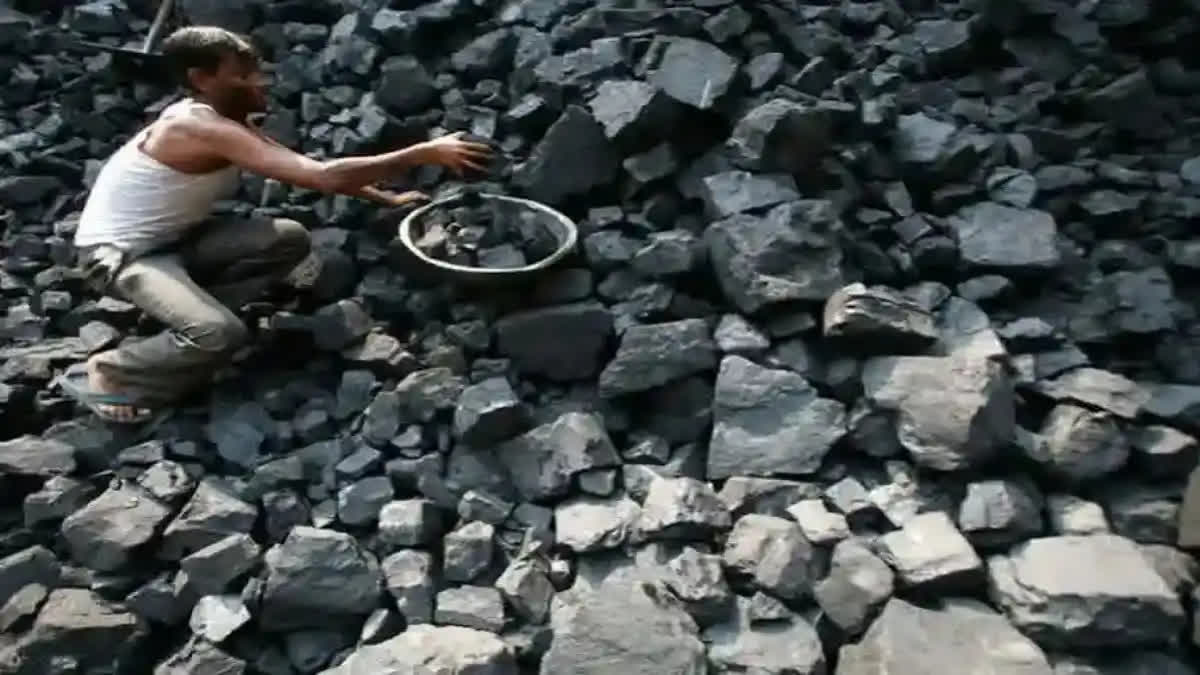New Delhi: CRISIL Ratings on Thursday said that the geopolitical developments and consequent realignment of global supply chains will double the net export volume of Indian carbon black next fiscal year compared with that in fiscal 2023. Backed by the growing export demand, India’s carbon black capacity surged 36% over the past two fiscals to 2,000 kilo tonnes per annum (ktpa).
Despite the capital expenditure (capex) for capacity addition, the credit risk profiles will remain stable as the majority of the capex shall be funded by internal accruals. A CRISIL Ratings analysis of four players commanding 75% of domestic capacity indicates as much.
Carbon black is primarily used in rubber products (especially automotive tyres) as a reinforcing agent and colourant. Carbon black comprises 20-25% of the total weight of tyres and hence is a crucial component. It is also used in industries such as paints, plastics, and inks. The European Union (EU) is the largest importer of carbon black globally.
Historically, a large part of European demand used to be catered by Russia and China. In fiscal 2023, Russia exported around 1,000 kilotonnes of carbon black, out of which 70% was to the European Union alone.
Says Mohit Makhija, Senior Director, CRISIL Ratings “The ongoing Russia-Ukraine conflict has resulted in a complete ban on carbon black imports by EU from Russia, which will be effective from July 01, 2024. Indian carbon black producers, after the recently completed capacity additions, are well placed to address the resultant supply challenges for the EU. The added capacities will help in boosting India’s net exports of carbon back to 190-kilo tonnes next fiscal from 94-kilo tonnes in fiscal 2023.”
China, the other major exporter, mainly uses carbon black oil (CBO), a derivative of coal tar as a key input to produce carbon black. Indian players, on their part, use carbon black feedstock (CBFS), which is derived from crude oil. Production in China has been affected by environmental concerns as well as high input costs which has improved the competitiveness of Indian carbon black. The acceleration in India’s carbon black exports will not come at the cost of domestic demand fulfillment.
On the domestic front, the tyre industry is expected to grow at a steady pace of 6-8% this fiscal and the next supported by replacement and original equipment manufacturer (OEM) demand.
Says Prateek Kasera, Team Leader, CRISIL Ratings, “Indian carbon black players will witness double-digit volume growth this fiscal and the next as the enhanced capacities kick in. Revenue is expected to grow 15% next fiscal after remaining flat this fiscal, as realisations were impacted by crude oil prices. Despite the low realisations, operating profitability is expected to inch up marginally by around 100 basis points to 13.5-14.0% this fiscal and the next, supported by the healthy bargaining power of suppliers on account of the criticality of carbon black in end products as well as the limited number of producers.”
The balance sheets of carbon black manufacturers are expected to remain healthy despite the capex. The debt to earnings before interest, tax, depreciation, and amortisation (EBITDA) ratio is expected to remain strong at 1.2-1.4 times this fiscal and the next, a marginal weakening from 1.0 time last fiscal. Gearing is expected to remain comfortable below 0.5 times this and next fiscal. That being said, the developing geopolitical situation and its impact on crude oil prices will bear watching.
Read More



